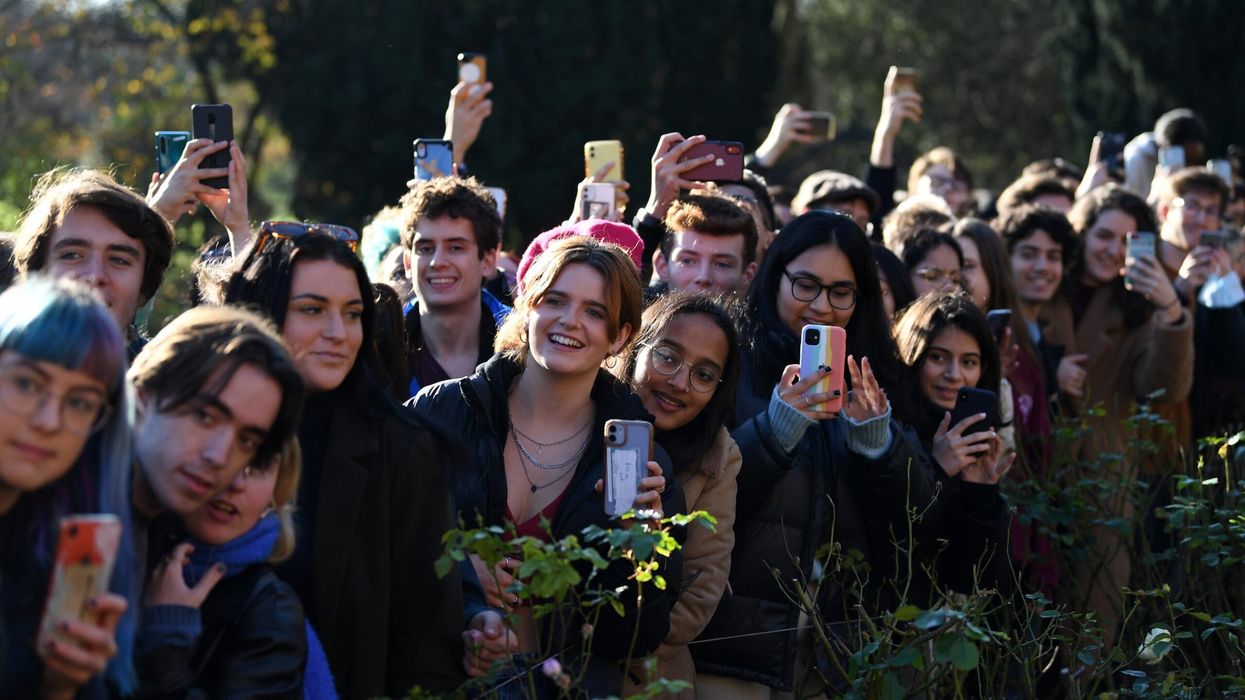Senior Conservative party leaders have warned that Rishi Sunak government's move to clampdown on international student visas could prove to be counter-productive.
They pointed out that higher education institutions rely on overseas income and many of them are already facing financial crunch, The Guardian reports.
University and industry leaders fear that the graduate visa entitlement, which allows international graduates to work in the UK for up to three years, could be axed or curtailed.
The migration advisory committee (MAC), which advises home secretary James Cleverly on immigration measures, was ordered to review these visas in March. The report is expected to be ready for minister's review by next week.
Tory peer and former universities minister Jo Johnson said the policy was 'self-defeating'. "Slashing the graduate route would set back important government policy priorities: Global Britain, levelling up, exports, science superpower,” he said.
Former education secretary Nicky Morgan said while visa abuses need to be addressed, international students contribute positively to the UK’s knowledge economy and global reach. He called upon the government to take a more favourable approach towards students than other migrants.
Former universities minister David Willetts told the daily, “Overseas students bring spending power into our towns and cities and help fund our universities. They are not migrants. They return home as important friends and business partners for Britain. If we drive them away, we damage our economy and diminish Britain.”
With general elections around the corner, migration has become a divisive issue. Former immigration minister Robert Jenrick has called for widespread curbs, including the scrapping of the graduate route for international students, to bring down migration.
International student numbers have already fallen, with many vice-chancellors blaming the tightening of immigration rules. Some have predicted that some institutions will go bust in the near future.
A poll of 75 institutions by the British Universities’ International Liaison Association found that nine out of 10 had fewer international applications for the next academic year.
Creative UK, which represents the creative industries, has said that prohibiting international students to work in the UK after graduation would be a powerful disincentive to study here.




